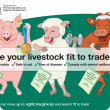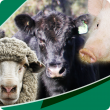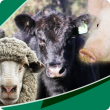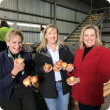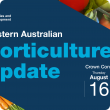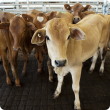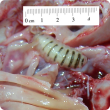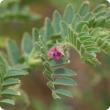Filter by regions:
- (-) Remove Wheatbelt filter Wheatbelt
- Great Southern (294) Apply Great Southern filter
- South West (281) Apply South West filter
- Mid West (279) Apply Mid West filter
- Goldfields-Esperance (260) Apply Goldfields-Esperance filter
- Peel (255) Apply Peel filter
- Perth regions (225) Apply Perth regions filter
- Gascoyne (181) Apply Gascoyne filter
- Pilbara (163) Apply Pilbara filter
- Kimberley (159) Apply Kimberley filter

